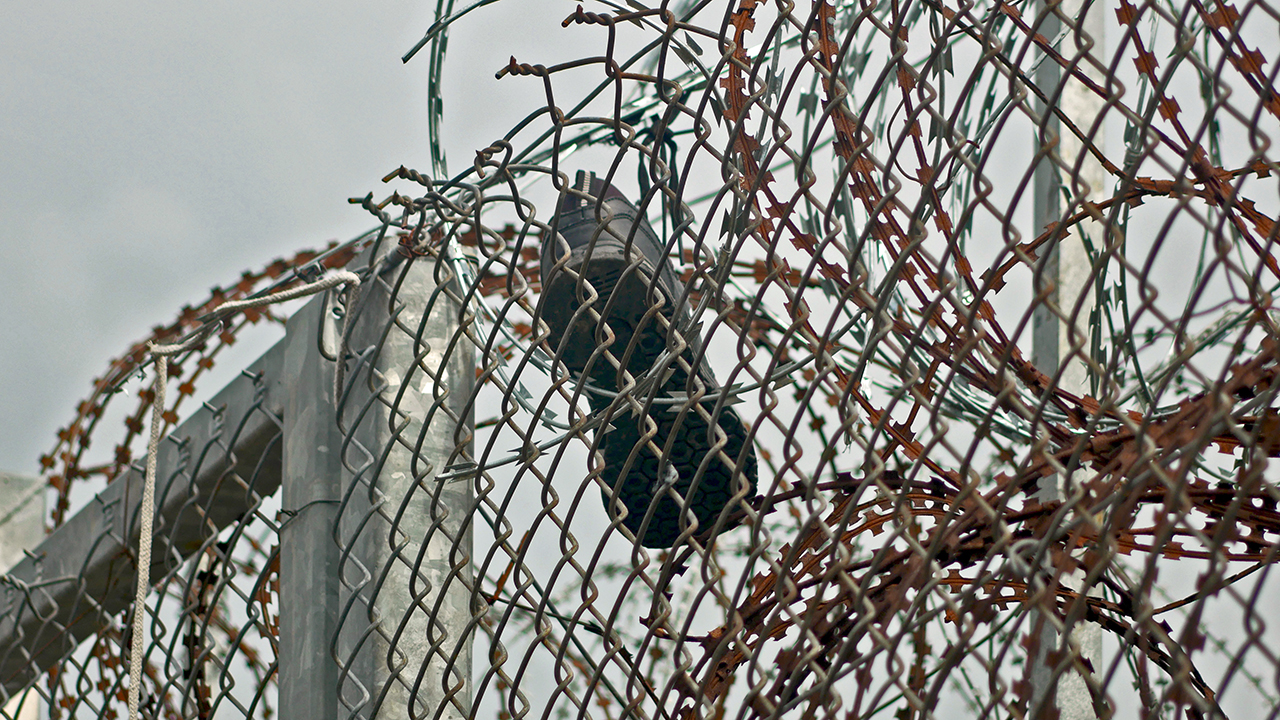Greek Prime Minister Kyriakos Mitsotakis has said that Greece will block new asylum applications for the next month, as Turkish President Recep Tayyip Erdoğan told Western leaders “the doors are now open” to migrants and refugees wanting to leave Turkey for Europe.
More than 15,000 Turkey-to-Greece border crossings were attempted over the weekend, the Greek government said, while some 1,200 asylum seekers made it to Greece’s Aegean islands on Sunday and Monday. One child died after a migrant boat capsized off the coast of Lesvos.
Under a 2016 deal between Turkey and the EU, Ankara agreed – in exchange for €3 billion of pledged funds to improve the humanitarian situation for Syrian refugees in Turkey – to help restrict the large numbers of asylum seekers leaving its territory for Europe.
The change of heart from Erdoğan comes as Turkey has intensified its military involvement in Syria. At least 33 Turkish soldiers were killed last week in airstrikes in Syria’s northwestern province of Idlib, prompting Turkey – which has long backed the Syrian opposition – to counter-attack and shoot down two Syrian warplanes.
The German government criticised Erdoğan on Monday for making a “political football” out of the refugees and framed his move as blackmailing Europe to provide Turkey with more support in dealing with the fallout from the war in Syria.
Erdoğan, meanwhile, said he hopes to reach a deal for a ceasefire in Idlib when he meets Russian President Vladimir Putin – the Syrian government’s main international ally and backer – later in the week.
Read TNH’s coverage for more on the dangerous land routes asylum seekers attempt from Turkey to Greece, and on the worsening conditions in the migration camps on the Greek islands for those who cross the Aegean.
– Andrew Gully




